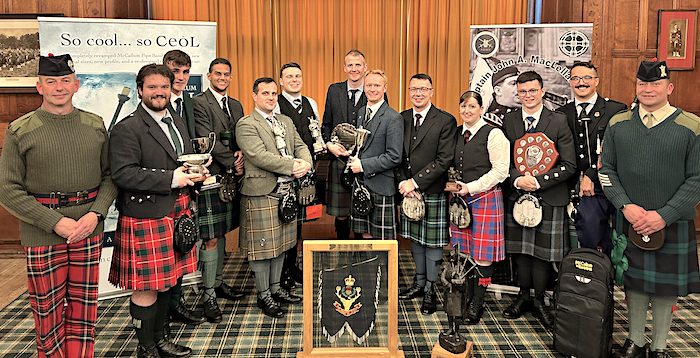
Judges convened at 8am at Inchdrewer House, Army School HQ, Edinburgh, for a bacon roll breakfast. From table it was immediately down to work given the entries in the B and C divisions.
Such was the efficiency of the stewarding and the organisation that morning fears of an early evening finish were soon dispelled.
By the Editor
My first task was the P Grade MSR with Andrew Frater. First on was Ian Speirs with a sweet pipe. Double C was not always distinct when coming up from B in the Duke of Roxburgh but otherwise this was pleasant march playing. There was one missed D throw in the strathspey (Arniston Castle) which could have had more cut and thrust; reel (Lochcarron) well played.
Neil Smith was let down by his bagpipe. It just didn’t project his fingering adequately and must surely have undermined his confidence. The opposite was the case with Craig Sutherland. Here was a big, bold instrument, steady as a rock. Again, double C from B was not always clear in MacLean of Pennycross and there were double Fs missing from the Islay Ball; confident lift however, and confident, clear work in John Morrison, Assynt House, or Acid House as I heard it described recently.
Ben Duncan didn’t lock the pipe down the way we know he can, though they didn’t overly intrude. I felt he could have raised the tempo of the Royal Scottish Pipers’ Society a little. The strathspey and reel were well constructed and controlled. Ben is the only piper I know who plays the Thoughts o’ Burns strathspey. It is an extrapolation from Rabbie’s song ‘Green Grow the Rashes O’ and it grows on you after a few listens. His reel, the Little Cascade, continued the pastoral theme and flowed well.
Callum Beaumont had a beautiful pipe and finger. We felt he just rushed his phrasing in Stirlingshire Militia a shade. Why don’t we hear this Hugh MacKay tune more often? It’s a classic melody and a sure test of march playing ability. Sarah Muir was another with a fine pipe and finger. After a steady Duncan MacColl, she could have got more lift out of Cabar Feidh, particularly in the second and fourth parts. I’m not sure the reel, Roddy MacDonald’s Fancy is a true ‘competition’ test, but Sarah played it perfectly.
The final player was Finlay Johnston. What a bagpipe he produced. It filled the room with its harmonics and took your mind off the few examples of light bottom hand technique. He was musically solid throughout Arthur Bignold and the Islay Ball, with the Brown Haired Maid getting everyone going. After a short discussion we produced this list: 1 Finlay Johnston 2 Callum Beaumont 3 Craig Sutherland 4 Sarah Muir 5 Iain Speirs 6 Ben Duncan.
With an hour or two to kill before the Hornpipe & Jig marathon we headed for the audience seats and the A grade Piobaireachd. We were fortunate to hear the winner, Darach Urquhart, with a fine performance of Clan Ranald’s Salute, one of this year’s set tunes. A shaky moment in the triplet was brushed aside and he finished with a sure crunluath and a mach. I am sure the musical way in which he handled Variation 2 singling and doubling would have done his cause no harm at all with the judges.
Part of the A Piobaireachd was live-streamed on the Army School’s Facebook pages and you may be able to catch Darach’s tune there.
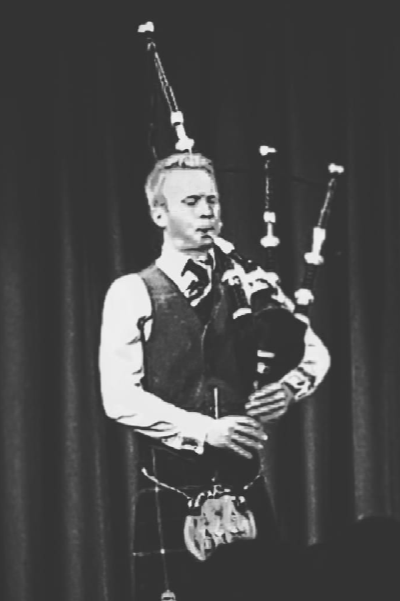
We also heard Ben Duncan with MacDougall’s Gathering. This was competent playing but I wonder if Ben’s worry over the pipe compromised his conviction? Sarah Muir’s instrument didn’t last but she fingered her Battle of Sheriffmuir well if not always finding the correct phrase structure. Greig Canning, on first with Melbank’s, was another who lacked conviction, and he tended to time the cadences with his body. Afterwards one of the judges expressed the view that the standard in this competition was higher than what he had heard in the Gold Medal this summer. Certainly a credit to all the competitors and in particular the prizewinners.
To lunch then and the prospect of 59 hornpipes and jigs. Fortunately a mere 43 played. Out of that lot there were only ever six or seven contenders for the prize list. A couple broke down, some played a good hornpipe and a poor jig, some the reverse, but most not in the list paid scant regard to phrasing and lift, hammering on as if their lives depended on it.
Another point: settings. Some have veered off the original. Because H&Js are considered bottom of the piping food chain is no reason to ignore the accurate representation of the tunes as the composer made them. Absolved of any criticism was the clear winner Angus MacPhee, with Ross Miller and Calum Watson not far behind.
As I indicated at the start, this was a supremely well run competition and a credit to Major McCrindle, P/M Simpson and their team. A couple of suggestions. Given the low P grade entries, would a combined P/A event not be worth a try next year? Also what about two morning heats for the H&J with a final later in the afternoon?
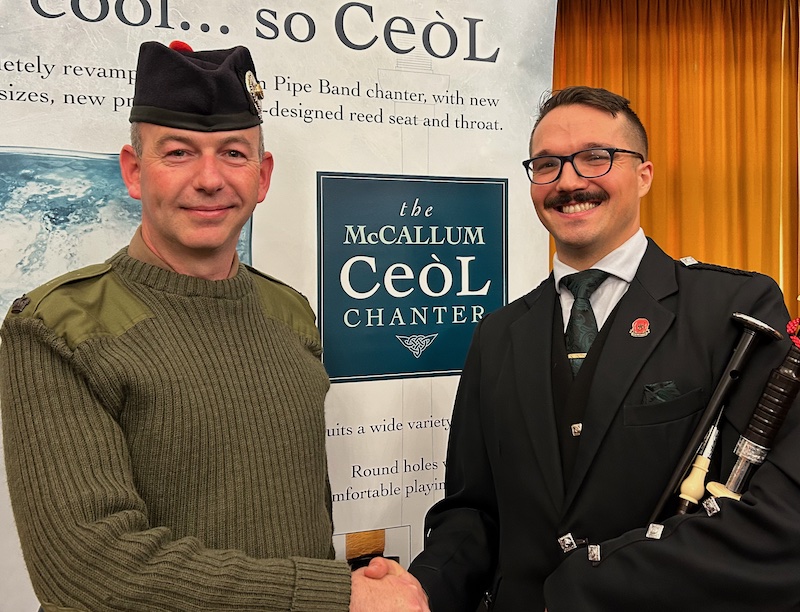
In his closing remarks Major McCrindle thanked all the sponsors: the Royal Edinburgh Military Tattoo, the Army Piping and Drumming Committee, MacCallum Bagpipes and the William Grant Foundation. With an eye to recruitment, he remarked:
‘Army pipers and drummers are currently serving in all continents of the world, and 2025 will see the 75th Anniversary of the Tattoo, with participating bands given the opportunity of travelling to Australia and New Zealand when the Tattoo moves to the Southern Hemisphere in 2026.
‘Next year will also see the 80th anniversary of the end of WW2 and Army pipers and drummers attending the US Presidential Inauguration.’
Turning to the competition he said: ‘It brings civilian and military enthusiasts together and we hope that by opening the doors of the Army School we can show that we continue to strive towards the standards and vision set by Captain John MacLellan over 60 years ago.’
- For full results click here. We would appreciate if the tunes played by the prizewinners in the B & C events could be forwarded to us.
-
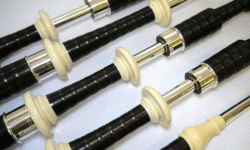 Bagpipes – DN4A – High Quality Set in Plain SilverPrice range: £200.00 through £2,052.00
Bagpipes – DN4A – High Quality Set in Plain SilverPrice range: £200.00 through £2,052.00 -
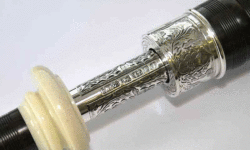 Bagpipes – DN5 – The Finest Bagpipe AvailablePrice range: £300.00 through £3,424.00
Bagpipes – DN5 – The Finest Bagpipe AvailablePrice range: £300.00 through £3,424.00 -
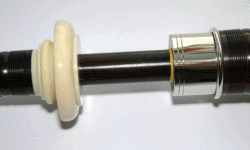 Bagpipes – DN1, High Quality InstrumentPrice range: £100.00 through £1,250.00
Bagpipes – DN1, High Quality InstrumentPrice range: £100.00 through £1,250.00















